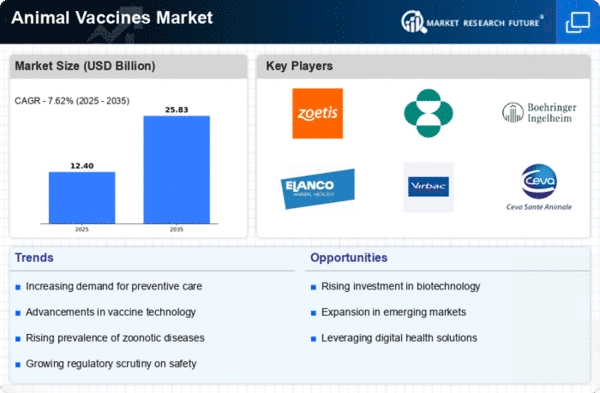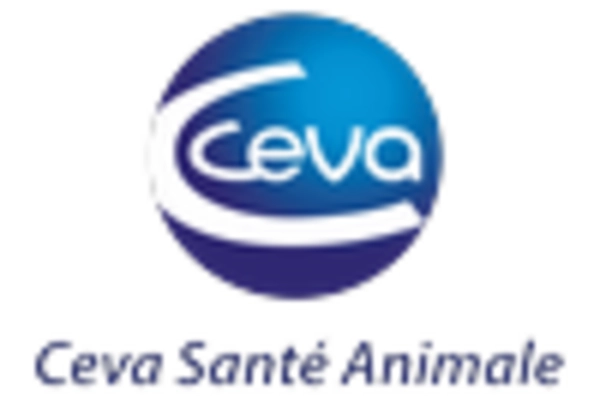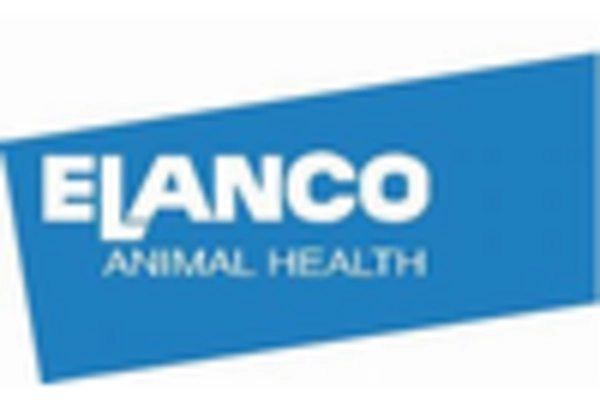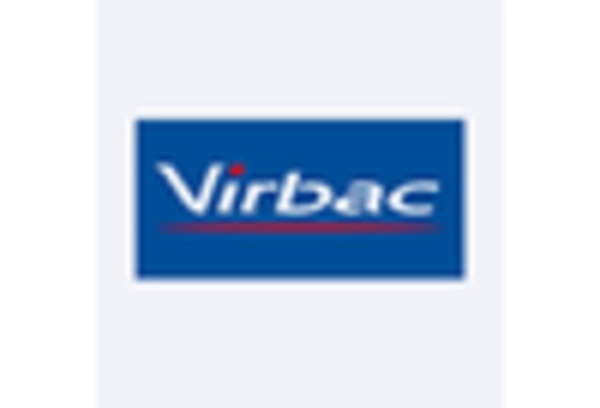Market Analysis
In-depth Analysis of Animal Vaccines Market Industry Landscape
The animal vaccines market is an essential part of veterinary medication, adding to the health and prosperity of different species. It includes the development, creation, and dispersion of vaccines to forestall or relieve irresistible sicknesses in animals, going from pets to animals. The market elements are unequivocally impacted by the preventive healthcare approach, where vaccination assumes a vital part in controlling the spread of sicknesses among animals. As mindfulness develops with respect to the advantages of vaccination in averting ailments, the demand for animal vaccines keeps on rising. The expanding pet proprietorship pattern contributes altogether to the market elements. As additional families invite pets as a component of the family, there is a comparing expansion in the demand for vaccines to guarantee the health and life span of companion animals. The domesticated animals area's significance in giving a steady food supply impacts the elements of the animal vaccines market. Vaccination programs are basic for maintaining the health of crowds and runs, forestalling the spread of sicknesses that could affect food creation and supply chains. Zoonotic illnesses, those that can be sent from animals to people, gather consideration in the market elements. The attention to potential health dangers from animals highlights the significance of complete vaccination methodologies to safeguard both animal and human populations. The capacity to screen and answer illness flare-ups is pivotal in the animal vaccines market. Epidemiological observation illuminates vaccination techniques, and fast reaction capacities become fundamental in controlling the spread of irresistible sicknesses among animals. The market is portrayed by rivalry among central participants in the veterinary drug industry. Consolidations, acquisitions, and coordinated efforts are normal procedures as organizations look to expand their item portfolios and improve their market presence. The variety of animal species, each with extraordinary health needs, drives the market elements toward the development of specific vaccines. From companion animals like canines and felines to enormous animals, vaccines are tailored to address explicit health challenges inside every species.


















Leave a Comment